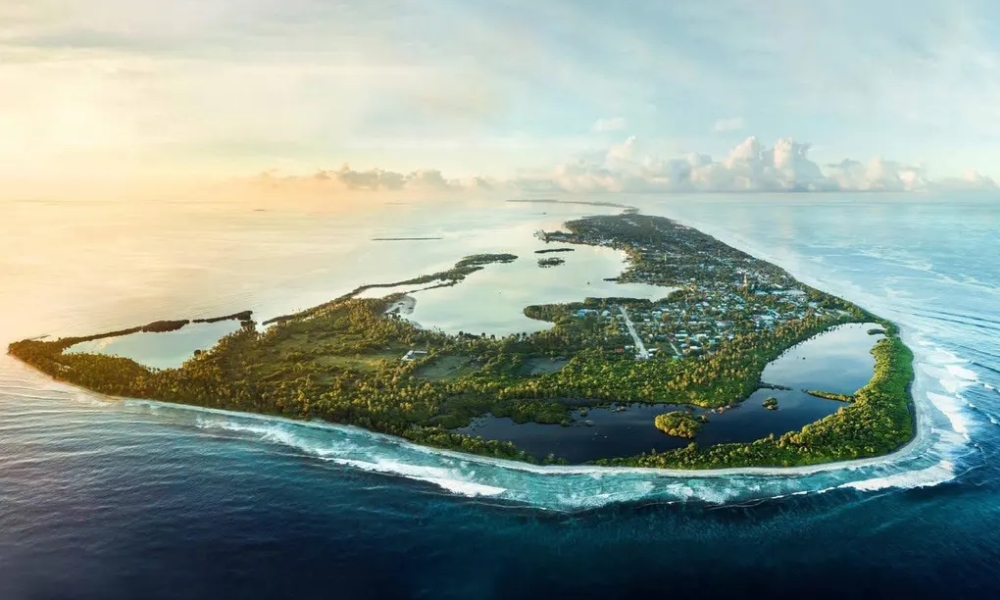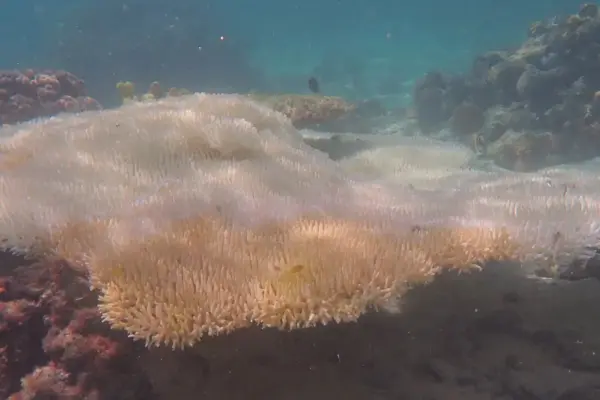Maldives Announces Project to Reclaim Land Threatened by Rising Sea Levels
Susceptible to climate change, the island nation wants to dredge millions of tons of sand to create more land for the tourism industry
The younger generation is worried that by the time they will be able to visit the Maldives, this spell-bounding country of 1,196 low-lying islands might go underwater. The Maldives is being swallowed by the sea and it has worried the nation for several reasons, one being the damage to the tourism industry. Now, to deal with the frightening situation, the Maldives announces a controversial project to reclaim land threatened by rising sea levels.
While some have high hopes that this enterprise may boost tourism in the nation, some are afraid that it could choke the ecosystem even further. The Maldives is one of the world’s most susceptible nations to climate change. This commissioned major shore protection and land reclamation scheme using sand dredged from a lagoon can backfire and hurt this UNESCO biosphere reserve.
Van Oord, a Dutch marine contractor has revealed that the project will create 194 hectares (480 acres) of land, which will include three new island resorts in the southern atoll of Addu City. The whole venture will cost about $147.1 million and will be funded via an Indian bank. The sand will be dug up to 5m cubic meters from a lagoon in the middle of the six islands with at least 20,000 inhabitants.

Image: Aishath Naj
According to Ali Nizar, mayor of Addu City, this project will cause less harm to the environment compared to repeated small projects and will give the region an economic boost and land for future generations. He said;
Addu is the second-largest populated area in the Maldives. It needs economic change, and it needs to have land. It has had three reclamation projects in the last 20 years – this is not a good way of doing this. With this project, we will have enough land for the next 50-100 years. Any kind of project would have damage to the environment but what we have to do is take measures to minimise it.
The Addu Atoll was declared a UNESCO reserve in 2020 owing to its abundance of seagrass beds and mangrove forests that serve as carbon sinks and provide locals with livelihoods from diving tourism and fishing. The project will harm the life in the atoll and disrupt the environmental balance.
An environmental assessment has stated that this land reclamation could destroy 21 hectares of corals and 120 hectares of seagrass meadows. The sediment from the project could harm the nearby ecosystems and affect their ability to recover from these adverse effects while impacting fishing and marine life simultaneously. Meanwhile, local environmentalists are urging the government to halt the project.
But while the country is divided between the pros and cons of this enterprise, what does it mean for the country’s environment in the long run. Well, we will just have to see how things unfold.
Via: The Guardian


